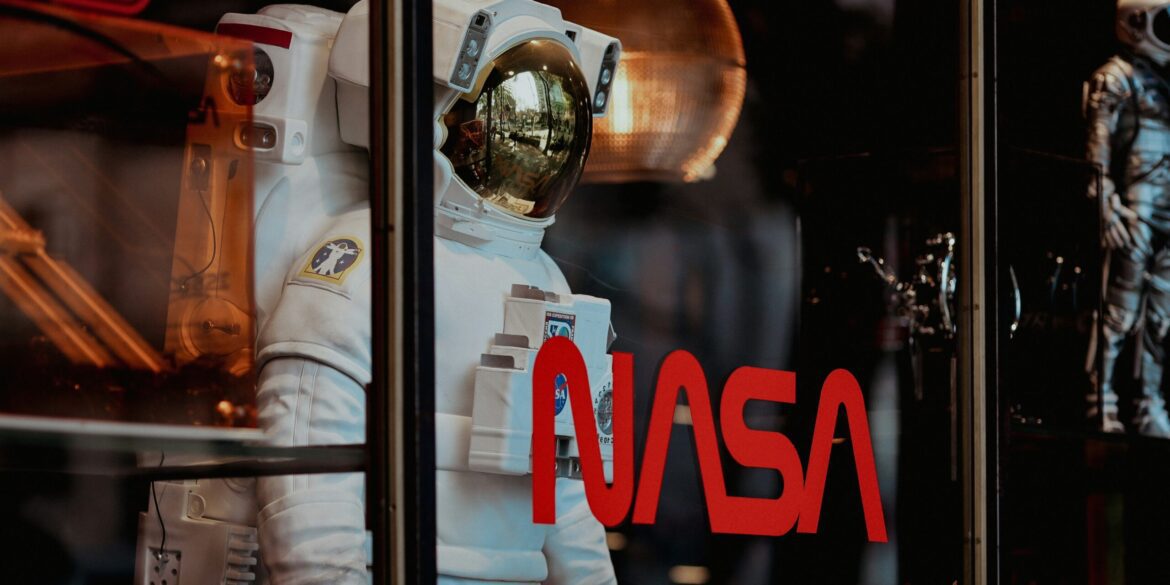In a remarkable achievement for space exploration, NASA confirmed today that the crew of the Axiom-4 (Ax-4) mission has safely returned to Earth after spending 14 days aboard the International Space Station (ISS). The mission, launched on June 25, 2025, from Kennedy Space Center in Florida, was an important step in expanding the role of commercial spaceflight and fostering greater international cooperation in space.
The Ax-4 Mission: A Collaborative Effort Between NASA and Axiom Space
The Ax-4 mission was a collaborative effort between NASA, the International Space Station (ISS), and Axiom Space, a private company that is at the forefront of commercial spaceflight. This mission involved four astronauts, including Shubhanshu Shukla, India’s first private astronaut to participate in an orbital mission. Alongside Shukla were Peggy Whitson, a seasoned former NASA astronaut with over 665 days in space, Slawosz Uznanski from Poland, and Tibor Kapu from Hungary.
The mission’s objective was multifaceted: not only did it continue the space station’s scientific research efforts, but it also marked the first of many missions intended to demonstrate how private companies can take on a larger role in human space exploration. Axiom Space has positioned itself as a leader in the new frontier of space tourism and research, creating a future where commercial space stations could be a regular feature of space activities.
Scientific Contributions Aboard the ISS
While on board the ISS, the Ax-4 crew carried out over 230 orbits of Earth, accumulating more than 6 million miles of travel. The astronauts conducted over 20 scientific experiments, which ranged from biotech studies to advanced materials science. These experiments aimed at exploring the effects of microgravity on biological systems have profound implications for long-term human space travel. For instance, one critical study involved growing genetically modified plants in space to test their viability in future deep-space missions. This could potentially offer insights into growing food sustainably on Mars or the Moon.
Additionally, the astronauts conducted Earth observation tasks, gathering data on atmospheric changes, climate patterns, and natural phenomena that contribute to environmental monitoring. These tasks help reinforce the critical role that the ISS plays in global scientific research, with far-reaching implications for solving Earth’s most pressing issues like climate change and global food security.
Private Companies and the Future of Space Exploration
The Ax-4 mission is part of a broader trend of increasing private-sector involvement in space exploration, which was once the sole domain of government space agencies. NASA’s Artemis program, which aims to land the first woman and the next man on the Moon, has increasingly partnered with private companies like SpaceX and Blue Origin to achieve these goals. Axiom Space, in particular, has positioned itself as a pioneer in this new space era by facilitating commercial astronaut missions and offering private space stations.
Peggy Whitson, who has previously spent a record-breaking amount of time in space, commented on the growing opportunities for private astronauts, stating, “We’re seeing the beginning of a new era in space exploration. Commercial partnerships are opening doors for private companies to help advance humanity’s reach beyond Earth.”
The Axiom-4 mission was not only a demonstration of private companies’ ability to handle space travel but also showcased the increasing collaboration between NASA and private sector entities. This partnership is poised to drive innovation, reduce costs, and accelerate the pace of space exploration.
What’s Next for Axiom and Commercial Space Travel?
The Ax-4 mission’s success sets the stage for more missions in the future, with Axiom Space planning additional missions to the ISS and beyond. As commercial spaceflight becomes more accessible, it is expected to evolve into a vibrant industry offering tourists, researchers, and businesses the chance to visit and live in space.
This historic mission also brings the reality of space tourism closer to fruition, with increasing numbers of private astronauts and tourists expected to join missions in the near future. These developments will continue to revolutionize the field of space exploration and create new opportunities for international cooperation, technological advancement, and economic growth.

